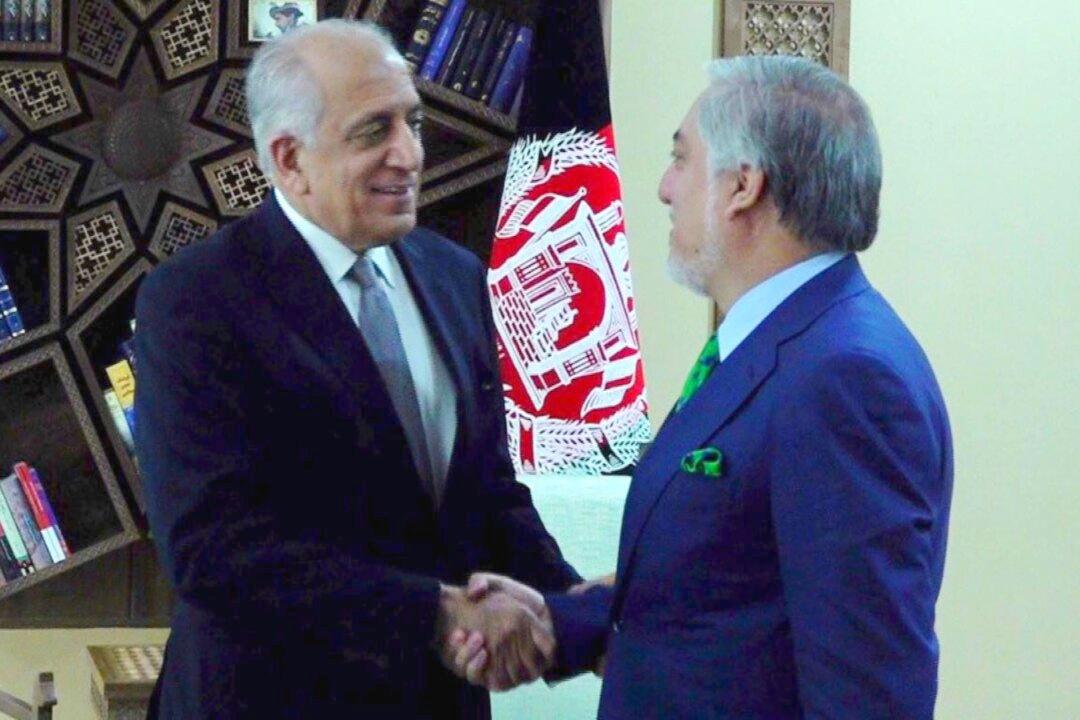The Trump administration’s envoy to Afghanistan, Zalmay Khalilzad, said on Monday the United States would withdraw almost 5,000 troops from Afghanistan and close five bases within 135 days. Top military officials must still approve the preliminary peace agreement with the Taliban extremists and it must still be signed off by President Trump.
In an interview with Tolo News, Khalilzad said that after months of negotiations with representatives from the terrorist insurgent movement, a deal was reached. But it must still be approved by President Donald Trump before it can take effect.





